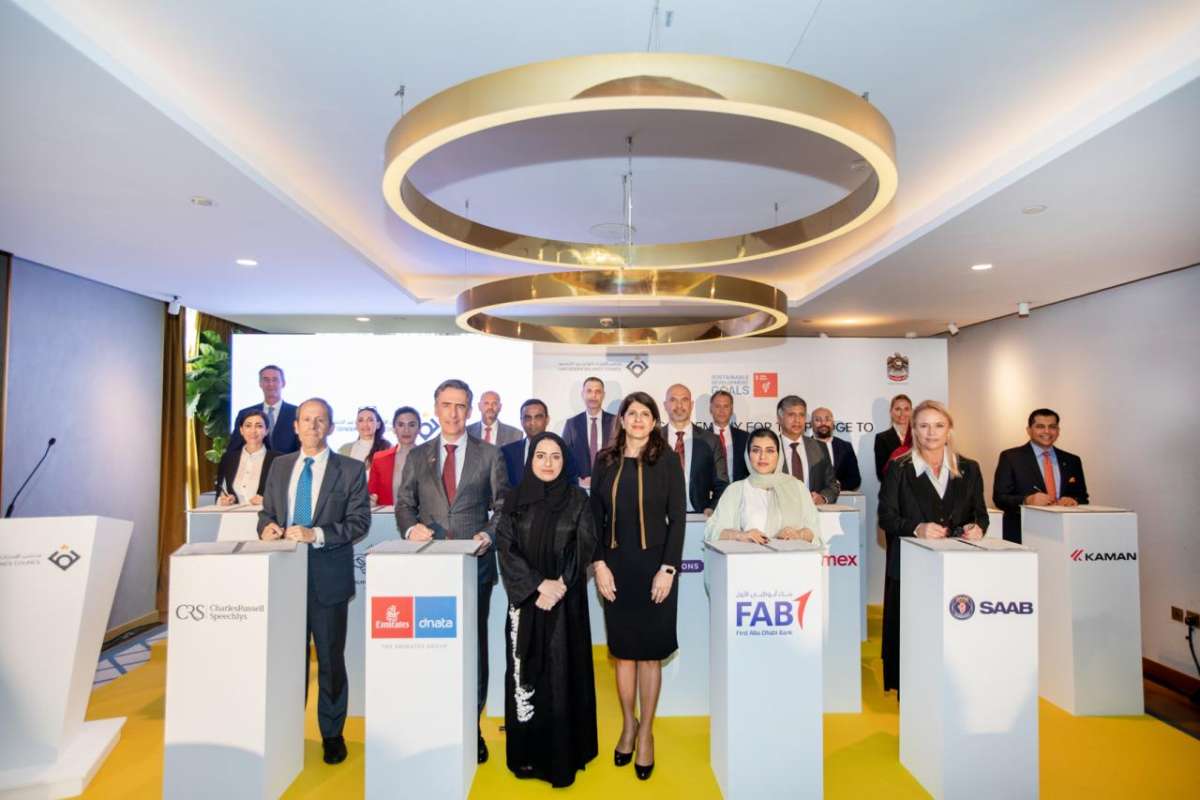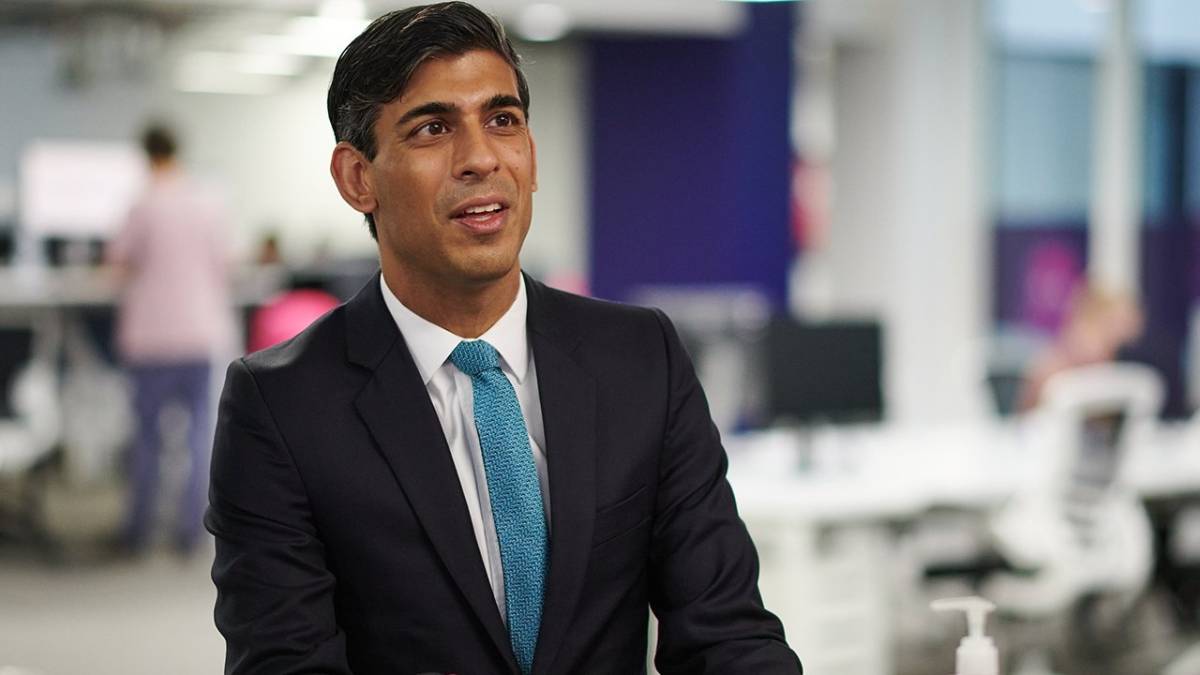Al Awar highlighted that the UAE prioritises economic growth and human capital empowerment to achieve its vision for the upcoming 50 years, reaching the goal of building the best and most active economy in the world…reports Asian Lite News
The Ministry of Human Resources and Emiratisation (MoHRE) has honoured 16 companies that achieved more than triple of their Emiratisation ratios in two months only – June and July 2022.
At the honouring ceremony, Dr. Abdulrahman Abdulmannan Al Awar, Minister of Human Resources and Emiratisation, reiterated that the private sector in the UAE continues to benefit from the national economy’s high competitiveness.
The UAE’s economy is making strides towards achieving greater successes in the coming years, to enhance business sustainability in the UAE, which has become a hub for talent, companies and investments, and continues to progress, he stated.
Al Awar highlighted that the UAE prioritises economic growth and human capital empowerment to achieve its vision for the upcoming 50 years, reaching the goal of building the best and most active economy in the world.
“Effective partnerships with the private sector companies are key to realising the UAE’s vision for the business environment. The private sector plays a crucial role in creating job opportunities and opening new horizons for economic activities in sectors that respond to the priorities of the future and benefits from the capabilities of Emirati talent,” he said.
“Emiratis possess advanced levels of education and training, and have gained experience in an international economy that is dynamic and open to diverse cultures and civilisations and applies the most advanced technologies available.”
The Minister noted that honouring the companies follows the launch of a series of initiatives, decisions, laws and regulations to realise a comprehensive development vision to enhance the business environment in the UAE and lay out new foundations that contribute to the Emiratisation of jobs in the private sector.
“These steps will also enhance the capabilities of local talents and increase the attractiveness of the job market in the country, as well as its ability to attract these talents through a group of incentives and safety nets that support healthy and sustainable economic growth,” he explained.
He added, “Today, we celebrate the exceptional achievements of a group of pioneering companies that have achieved three times the Emiratisation target in a record time of two months, which is testament that we are on the right track.
“The response of local talents, their readiness to fill the job opportunities available and the swift response of the UAE’s business community align with the nation’s development goals and the effectiveness of the valuable stimulus packages offered.”
The Emiratisation target is set at two percent annually for high-skilled jobs in establishments that employ 50 workers or more.
“The public-private partnership achieves the best socio-economic results, which is what the Ministry of Human Resources and Emiratisation is focused on in its approach to developing the business environment in the country and increasing Emiratisation levels in the private sector,” Al Awar went on to say.
“This is evident through the decisions adopted by the UAE Cabinet regarding raising the Emiratisation rates in the private sector and the unprecedented incentives offered to companies that train and employ UAE nationals.
“This, along with other relevant decisions, form part of the legislative and legal structure that the government of the UAE is keen on developing in line with the priorities of the national economy and contributing to achieving the goals of the Emirati Talent Competitiveness Council (Nafis).”
He continued, “Thanks to these exceptional results, 1,166 opportunities have been created for UAE nationals in high-skilled jobs, opening the doors of the future for them to develop their capabilities and enhance their competencies. This also boosts the competitiveness of the companies by enabling them to benefit from national talents.”
In addition to representatives of the private sector companies being honoured and select Emirati employees, high-profile government officials attended the ceremony.
The companies that were honoured include Majid Al Futtaim Hypermarkets, Emirates Gateway Security Services, Teleperformance Middle East Business Services, Orient Insurance, Azam Recruitment, Ras Al Khaimah Ceramics, Majid Al Futtaim Cinemas, Riyadh School, Magic Planet, Ahalia Hospital, Dubai Insurance Company, Halliburton Worldwide Limited, IGG Emirates Advanced Training, Halcon Systems, G42 and Bayanat for Mapping and Surveying Services.
These companies will benefit from several incentives, including upgrading their classification to the first category, which is entitled to significant benefits, including the reduction of up to 80 percent of the Ministry of Human Resources and Emiratisation’s fees.
ALSO READ-UAE, France ink energy pact









